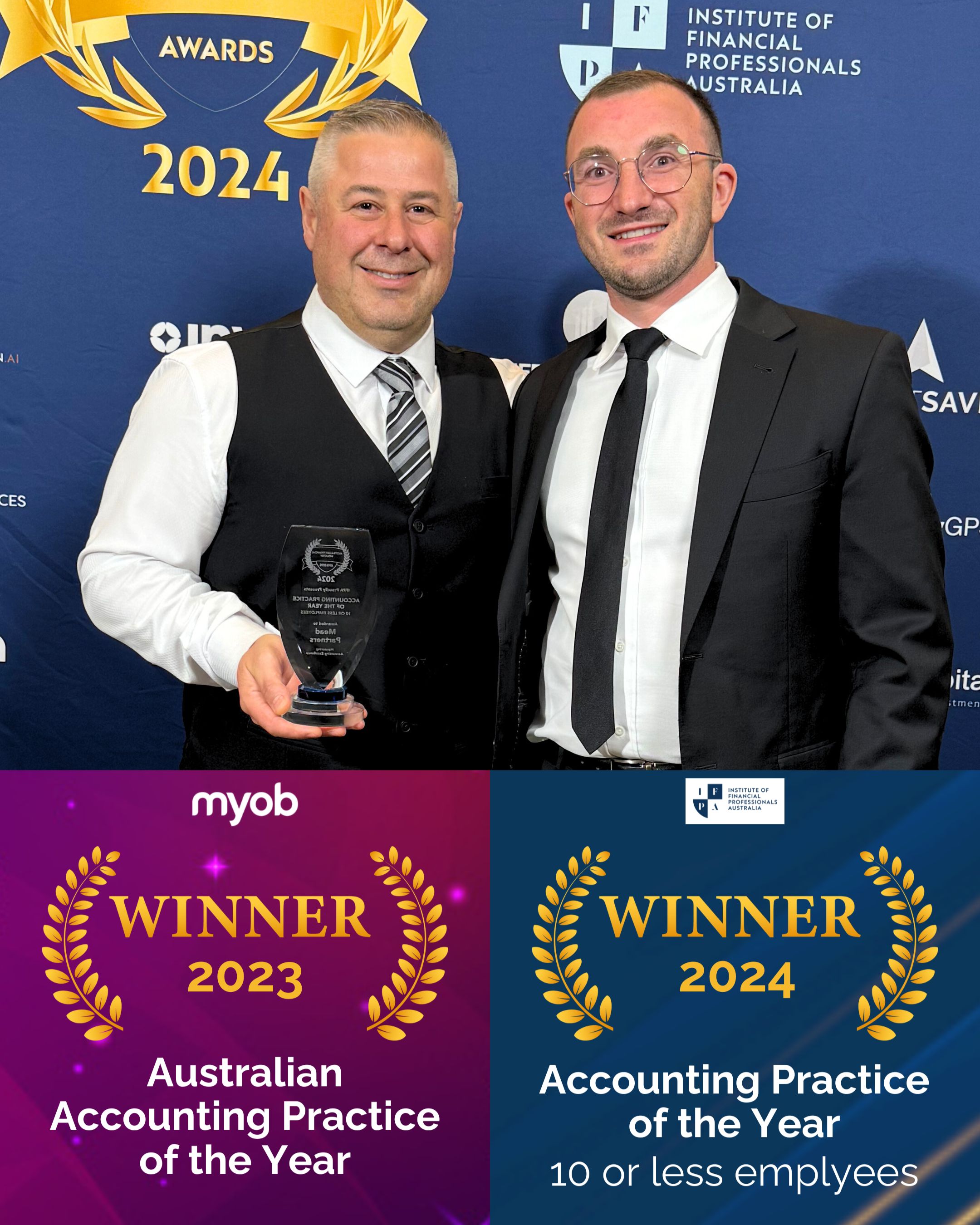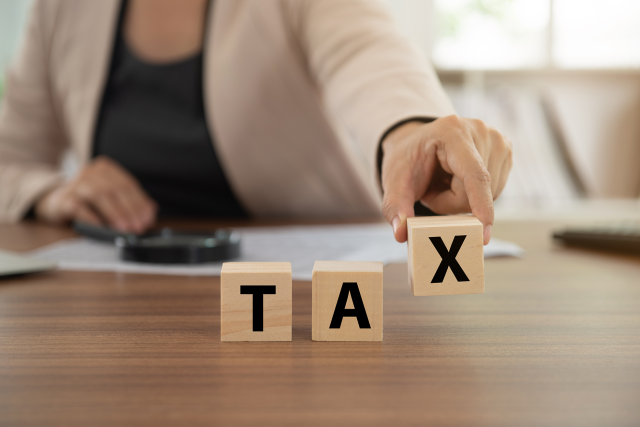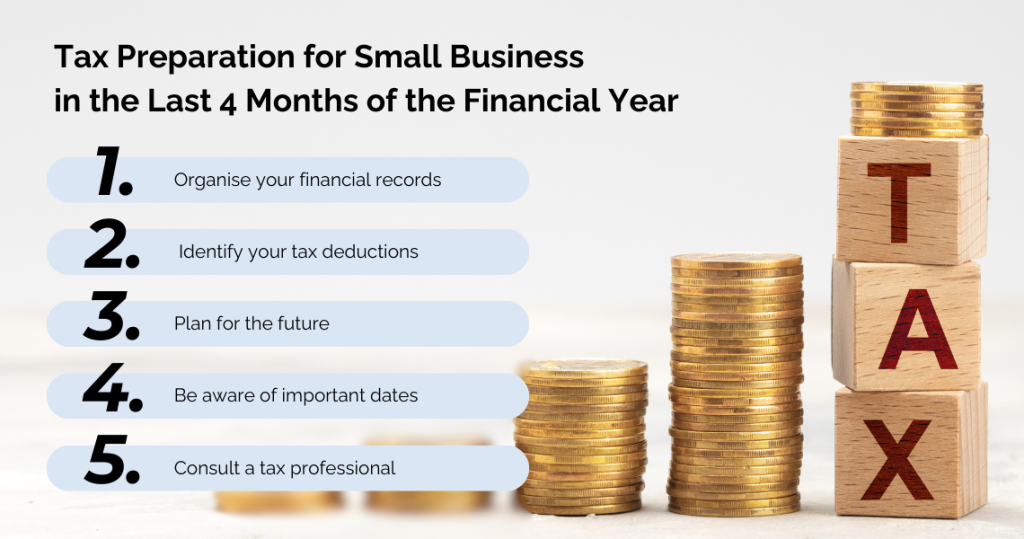
Book a Free Consultation!
✅Builders CFO Program
✅Business Improvement Program
✅Taxation Advice


As a small business owner in Australia, you know that tax season can be a challenging time of the year. With the end of the financial year quickly approaching, it’s important to start planning NOW to ensure that you are meeting all of your tax obligations while also maximising your tax deductions. In this blog, we will guide you through the last half of the financial year, what to do, and how to do it.
- Organise your financial records
Before you can start preparing your taxes, you need to ensure that your financial records are up-to-date and organised. This includes all receipts, invoices, and expense reports from the past six months. By keeping your records in order, you can save valuable time when the end of the financial year comes. In addition, tax authorities may want to see those records upon request, so it is important to keep them in good order.
- Identify your tax deductions
As a small business owner, you are entitled to various tax deductions that could help minimise your tax bill. This includes expenses related to your business such as office rent, phone bills, internet, advertising, and depreciation costs. By identifying and properly documenting these deductions, you could save your business a considerable amount of money on taxes. Note that, if you try to identify these deductions just before the end of the financial year, you might miss out on some eligible deductions. So, it’s a good idea to keep track of them starting now.
- Plan for the future
While tax may seem like a hassle, it is also an excellent time to review your business’s financial health and plan for the future. Take some time to analyse your revenue, expenses, and profits from the last six months. Reviewing your financials can help you make informed decisions on how to grow your business and improve its financial performance in the future.
- Be aware of important dates
It’s important to be aware of important tax-related dates to avoid any late fees or penalties. Knowing key dates around tax reporting or business financial reporting can help you stay compliant and schedule your workload accordingly but more importantly it allows for you to properly forecast your cash flow. So, it’s better to stay informed and avoid any surprises!
- Consult a tax professional
Preparing your taxes can be a daunting task, especially if you are not familiar with the Australian tax system. If you’ve waiting until the conclusion of the financial year, you have left it too late to implement any tax planning strategies. Keep in touch with a tax professional to help you navigate through the process. An experienced tax professional can help you identify tax deductions, maximise your tax savings, and ensure that your tax return is accurate and compliant with Australian tax laws.


Conclusion:
Tax preparation can be a daunting task, especially when you’re running a small business in Australia. However, by staying organised, identifying your tax-deductible expenses, consulting with a tax professional, planning for the future, and being aware of important dates, you can help ensure that tax season is a smooth and efficient process. We hope this guide has given you valuable insights on how to navigate the last 4 months of the financial year.
Cheers to a successful tax season!
A free tax deduction checklist
Submit the details and we will send you the checklist through email.

Send To Someone